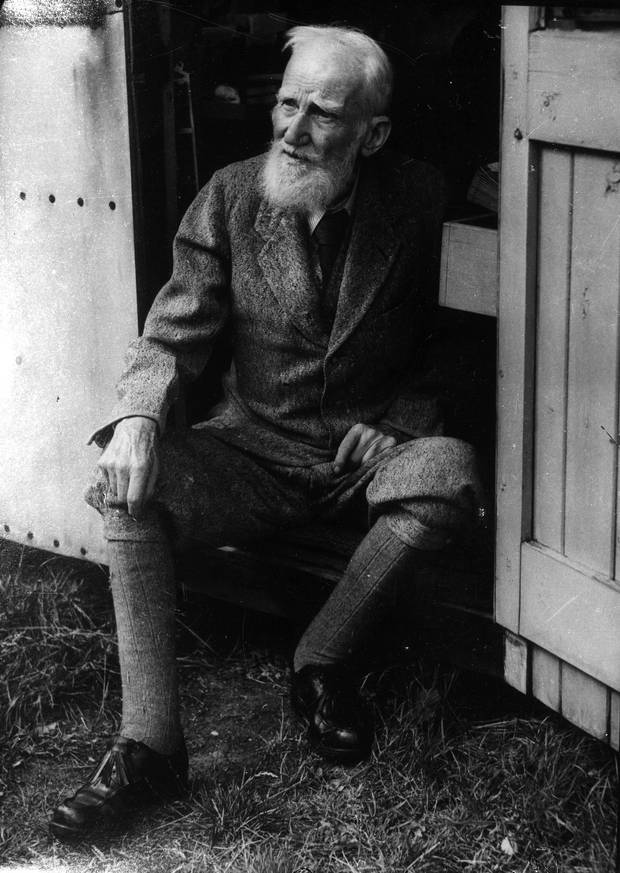

She also undergoes another transformation. Professor Higgins undertakes her education and transforms her into a lady who can pass not merely as a duchess but as a princess at an ambassador’s garden party. She speaks a London dialect and is entirely uneducated and uncultured. Next, there is Eliza Doolittle, the flower-girl, the only character in the play that changes and grows under the stress of circumstances. He resides with him and pay his soft, considerate and gentle manners, he throws into sharp relief the tough and bullying ways of Professor Higgins. Then there is Colonel Pickering who is conceived as a foil to Higgins too is a student of Phonetics, has already written a book Spoken Sanskrit and has come all the way from India to meet Prof. While he is a celebrated scholar, he is rough and uncultured in his ways, swears dreadfully, is untidy and slovenly in his manners, and is authoritative and domineering. He can tell the locality in which a person resides simply by hearing the dialect spoken by him or her. He is devoted to his subject and is an expert in his knowledge of various dialects spoken in the city of London. However, these characters are among the immortals of literature and they linger long in the memory once we have made their acquaintance. The number of characters is strictly limited. The canvas of the play is not a crowded one.

Cavendish Square, Hanover Square, and Wimbledon Common are some other London localities to which we are introduced. We are also taken to a foreign Embassy in London. Act Il takes us to Wimpole Street and Act III is laid in Chelsea Embankment, a fashionable London locality. From there it shifts for a moment to Drury Lane and Lisson Grove, a London slum. It opens in Covent Gardena wholesale fruit-and-vegetable market at the corner of Tottenham Court Road. In 1925, he was recognized for his work with the Nobel Prize in Literature and he died 25 years later, at the age of 94.The scene of the play is laid in London. His popularity rose in the early 1900s and he started to become a famous, well-respected playwright. Shaw was a very prolific writer, writing over 50 plays in addition to articles, reviews, essays, and pamphlets. He finally found some writing success with his plays, which often involved social critiques. It was only in the 1880s that Shaw turned to drama. He also became somewhat politically active, an ardent supporter of socialism. There, he began writing, starting with novels (though he found no success as a novelist). But in 1876, he moved to London to join his mother. When he was a teenager, his mother moved to London and he remained in Dublin with his father for some time. He changed schools several times as he grew older, and developed a strong dislike of schools and formal education.

His father was a civil servant and his mother was a singer. George Bernard Shaw was born in 1856, in Dublin.


 0 kommentar(er)
0 kommentar(er)
